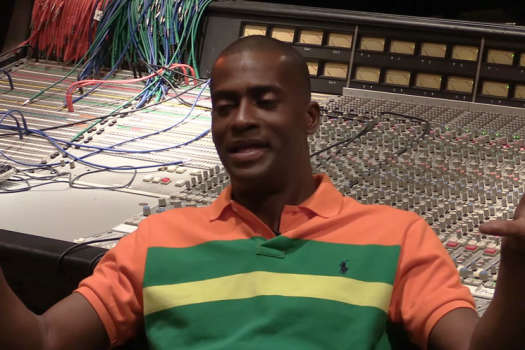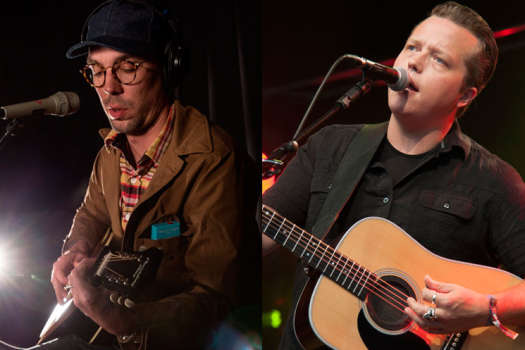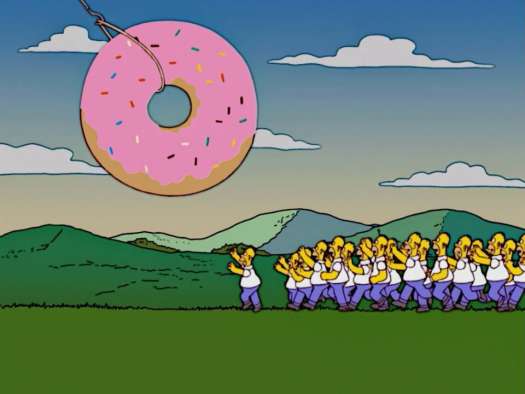The most striking thing about The Sidney Poitier Collection is not what is included but what is left out. Only two of the films, Lilies of the Field and In the Heat of the Night, are worth close consideration. The others, They Call Me, Mr. Tibbs, The Organization and For Love of Ivy are formulaic pictures with little to offer. Including these lesser works rather than The Defiant Ones, Guess Who's Coming to Dinner or Raisin in the Sun provides a larger picture of his career but doesn't address Poitier's place in film history. In the Heat of the Night is the best of the lot despite some leanings toward overacting. A Philadelphia cop gets involved in a murder mystery in the Deep South. While investigating the story, he encounters segregation, cotton-picking and plantations, and lawn jockeys on manor lawns. It's still shocking to see Virgil Tibbs encountering overt and violent racism strike back. The power of a black man slapping a white on film is not lost despite 35 years and a generation of considerably more violent films. Lilies of the Field is an enjoyable, very low budget film shot on location in Arizona. A drifter helps a group of German nuns build a chapel and they all learn important life lessons. (The one thing I learned is that nuns are simple creatures. They like to sing and nod and giggle a lot.) It's a well-acted, undemanding film that isn't saccharine; it's sweet without being cloying. There's not much to say of the remaining three films. The Organization, the third Virgil Tibbs film, is the best of the lot but that's not saying much. As with Mr. Tibbs, the film follows a police investigation with the anti-social Virgil Tibbs at the helm. The intelligence and touches of humanity seen in the first film are gone and have been replaced by jazz scores and go-go dancers. For Love of Ivy is meant to be a romantic comedy about a maid being fixed up with a "gigolo" so she won't leave her wealthy employers. There's some enjoyment in watching a very young Beau Bridges play a hippie but that lasts about ten minutes. All of this proves that even screen icons make crap. Poitier is not involved with the collection at all and we're left wondering what his thoughts are on being the first African American to win a lead Actor Oscar (for Lilies) and being a leading man as the Civil Rights movement was taking hold. There are almost no extras other than the occasional theatrical trailer. Only In the Heat of the Night has a filmmakers' commentary. Norman Jewison, Haskell Wexler (Cinematographer), Rod Steiger (who won a Best Actor Oscar for his role) and Lee Grant describe their experiences during filming and the political climate at the time. (Grant was only recently returning to regular acting parts due to a blacklisting during the McCarthy era.) The commentary is quite good, especially Wexler's, who provides information about shooting through screen doors and under tarps of silk, the type of lights and cameras used, but its annoying that four white filmmakers are left to describe the "black experience" and Sidney's trials with filming in the South. All in all, this collection feels like an unsatisfying start to a very interesting story. (MGM)
The Sidney Poitier Collection

BY Kathleen OlmsteadPublished Feb 1, 2004



